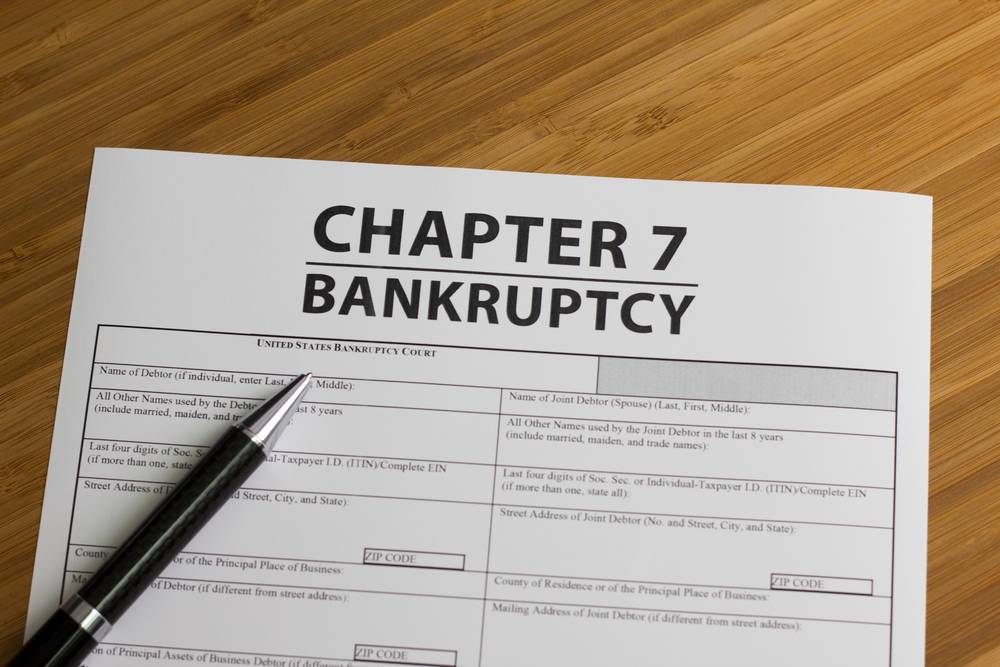When you find yourself struggling to make ends meet and behind on your bills near Tampa, you may want to talk to a bankruptcy attorney. They may suggest filing Chapter 7 bankruptcy so that you can reset your finances and start over again. Doing so will also help discharge certain types of debts, meaning that you’ll no longer have to pay them. You may also be one of the many people with a “no asset” case. If this were the case, then you’d be able to keep everything that you own.
What’s the difference between Chapter 7 and Chapter 13 bankruptcy?
The two most common types of bankruptcy that are available for individuals near Tampa are Chapter 7 and Chapter 13. A bankruptcy attorney will explain that either of these could help you pay your bills, but you also need to know that some important differences do exist between them.
Chapter 7 Bankruptcy
Chapter 7 bankruptcy can do away with certain types of debts. While this can happen in a matter of months, you should know that any of your nonexempt property may be sold by a court-appointed Trustee to make this happen. It’s also important to know that you’ll need to have a low income to qualify for this option.
Chapter 13 Bankruptcy
When you talk to a bankruptcy attorney near Tampa about filing bankruptcy as a Chapter 13, they’ll tell you that the main difference between it and a Chapter 7 is that you’ll be able to keep your items. This is because the court-appointed Trustee will set up an affordable repayment plan with your creditors. Once the 3 – 5-year plan ends, any debt that’s included in your bankruptcy will be discharged. Obviously, you’ll need to have enough income to be able to afford the repayment plan. Your debt will also need to be under the maximum total debt limit, which means the total amount of both secured and unsecured debts when filing bankruptcy near Tampa needs to be less than $2.75 million.
Who qualifies for Chapter 7 bankruptcy?
When filing for bankruptcy near Tampa, your bankruptcy attorney will discuss the requirements of your case. If you’re filing for a Chapter 7 bankruptcy, these requirements will include:
- Typically, you’ll need to complete either an individual or a group credit counseling course. This course must be from an approved credit counseling agency, and it must be taken within 180 days of filing for bankruptcy.
- Your bankruptcy attorney will discuss income limitations with you before you move forward with filing bankruptcy. These limits state that your average monthly income during the previous six months must be less than the median income of a same-sized household in your state. You may also fit within these limits if you pass a means test. This will determine whether your disposable income is high enough that you can make partial payments on your unsecured debt.
- You can’t have any recent bankruptcies (Chapter 13 within the past six years or Chapter 7 bankruptcy within the past eight years). If you’ve tried to file and had your case dismissed, you must wait 181 days before filing again.
How do you file for Chapter 7 bankruptcy?
Weller Legal Group, near Tampa, FL, is a reputable law firm that specializes in bankruptcy cases. With years of experience, their team of bankruptcy attorneys is dedicated to providing personalized and effective legal solutions for individuals and businesses facing financial difficulties. Whether you’re considering filing bankruptcy or need assistance with debt relief options, Weller Legal Group is committed to guiding you through the process and helping you achieve a fresh financial start.







